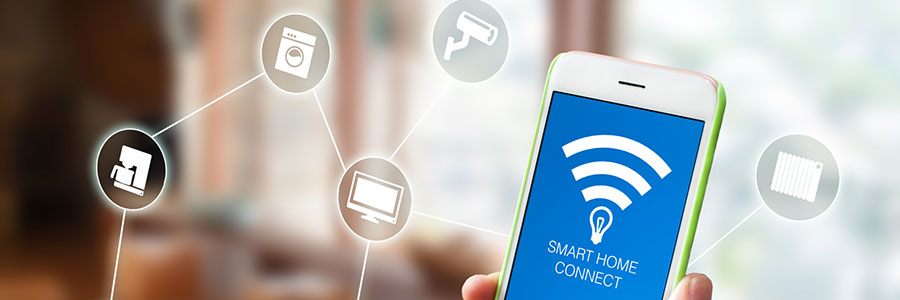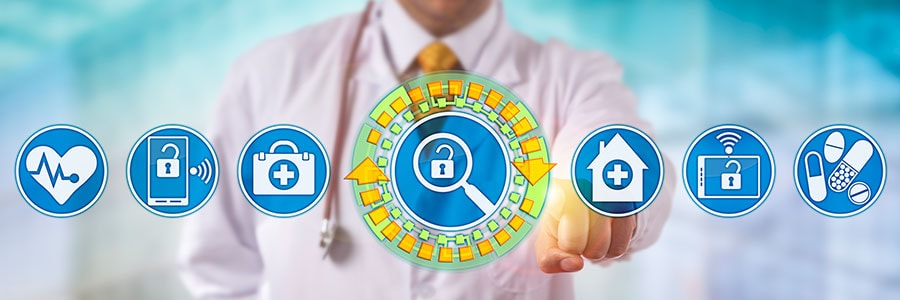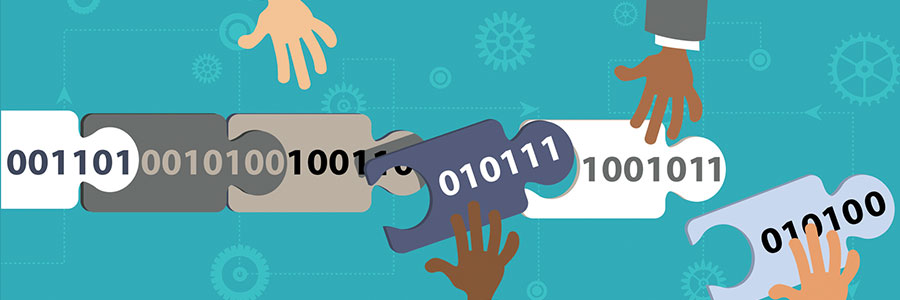Are you overwhelmed by the many choices you have in getting the right technology to monitor your health? Do you download an app on your mobile to track your pulse rate? Or buy a wearable device that can tell you more about your health? While it’s best to leave the professional recommendations to your healthcare provider, it would be great if you’re also in the know, so you have a better idea of what suits you.










